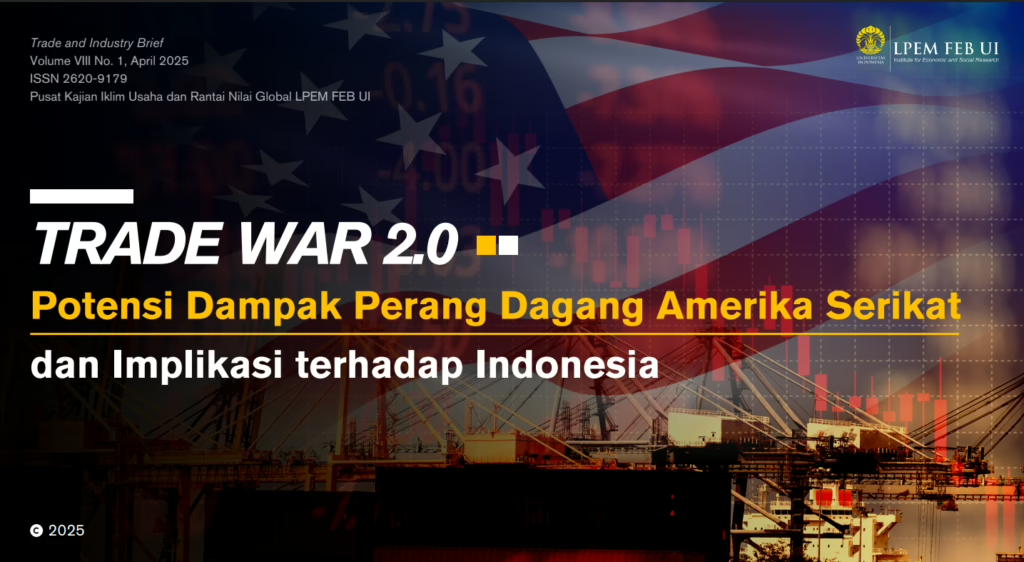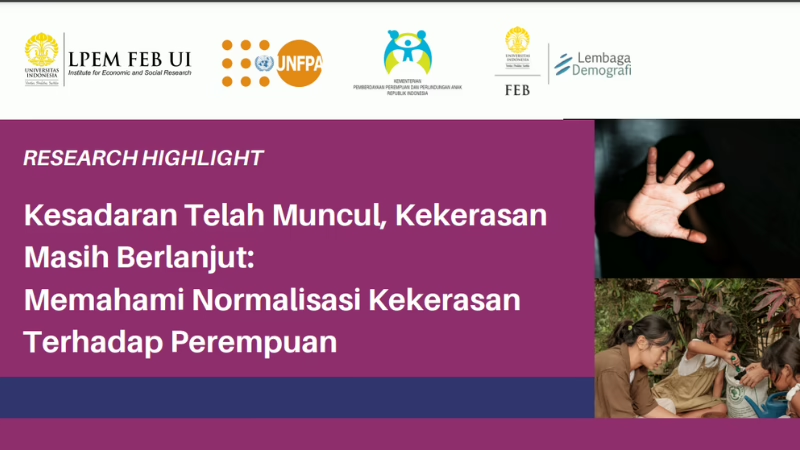Reducing inequality is a part of global commitment under Sustainable Development Goals #10 (SDGs #10). SDG #10 has a comprehensive prosperity-sharing target not only focusing on reducing income inequality indicators, but also promoting social, economic, and political inclusion, equal opportunities, and ending discrimination. The target is derived from the notion that sustainable development cannot be realized if individuals are excluded from the opportunity for an improved quality of life.
Inequalities are multidimensional. It encompasses not only the chances of prosperity but also the outcome. It is not only about the income distribution between individuals, but also access to education, health, physical amenities, and digital services. Consequently, policies aimed at reducing inequality must transcend income redistribution and also focus on enhancing access to education, healthcare, and other public infrastructures both within and between groups.
Prior studies have documented the detrimental impact of persistent inequalities on economic growth and social well-being. Higher inequalities reduce the ability to stay healthy and accumulate physical and human capital (Galor & Moav, 2004; Aghion, Caroli, & Garcia-Penalosa, 1999). It then affects vertical mobility between generations (Corak, 2013). Extreme inequality may also deteriorate social cohesion and increase the possibility of conflict (Lichbach, 1989; Bardhan, 2005) that later can discourage economic growth.
LPEM FEB UI in cooperation with the National Statistics (BPS) has completed Inequality Diagnostic Research for Indonesia. It measures multidimensional aspects of inequality in Indonesia in the last decade while also identifying policies that shape the current state of inequality in Indonesia. The diagnostic follows the framework developed by AFD and ACEIR and financed by the AFD-managed EU Research Facility on Inequality. The research was completed in 2023 and the final report was released during a dissemination event on November 14th in Jakarta.
LPEM FEB UI will further conduct dissemination events in four cities outside Java to gather local perspectives and feedback from government officials, NGOs, and academicians. These events will be held in Bengkulu (Sumatera region), Balikpapan (Kalimantan region), Palu (Sulawesi region), and Jayapura (Eastern Indonesia region) on the month of June and July 2024. This brief is an introduction to the local dissemination event and summarizes the main takeaways and messages provided in the Multidimensional Inequality Report for Indonesia. It provides an exposition of the current state of inequality in Indonesia and the multidimensional aspect of it. It highlights the progress that has been made and several challenges that remain to be addressed for future policies.
The final report can be accessed here. Any feedback and suggestions can be addressed to Social Protection and Labor Research Group, LPEM FEB UI, via this email address: splabor@lpem-feui.org.




